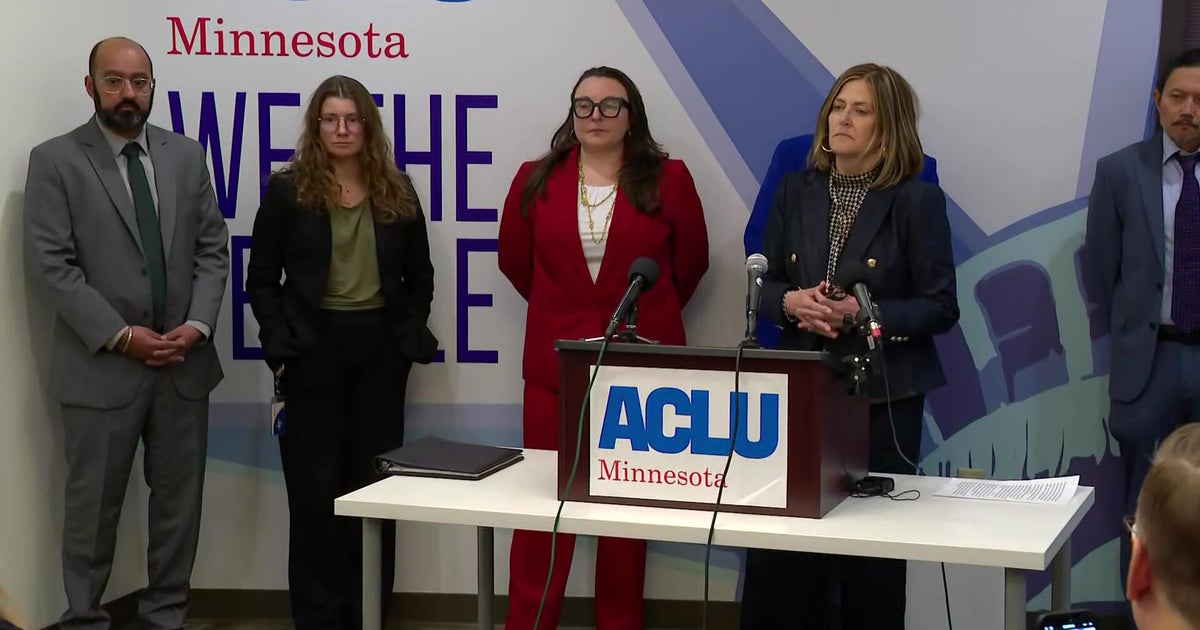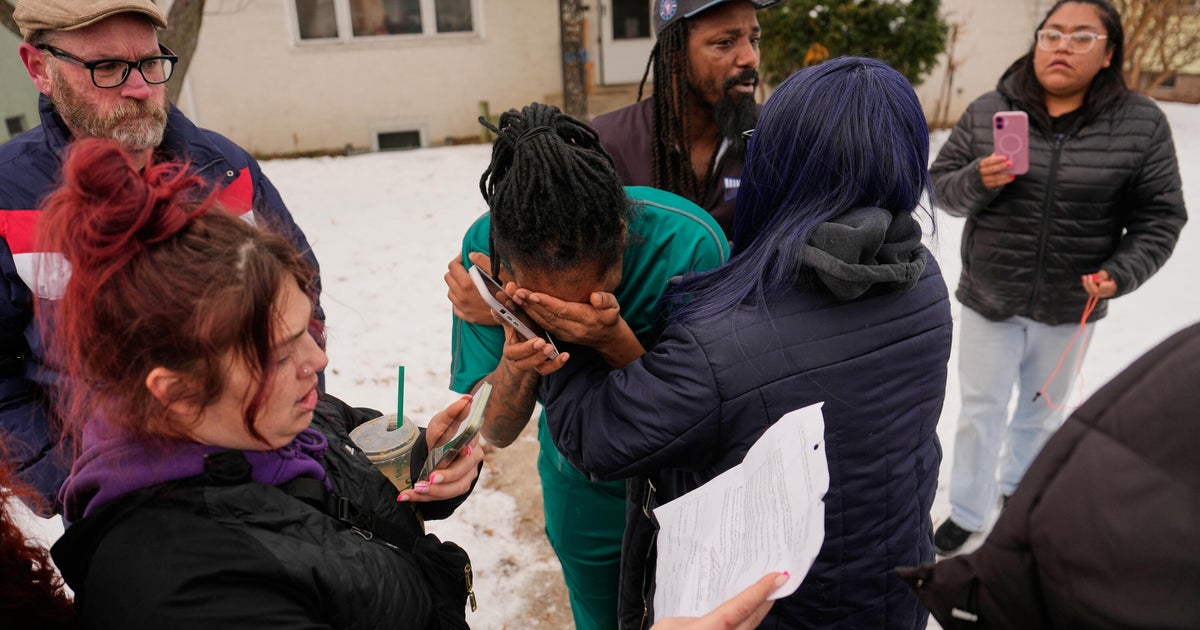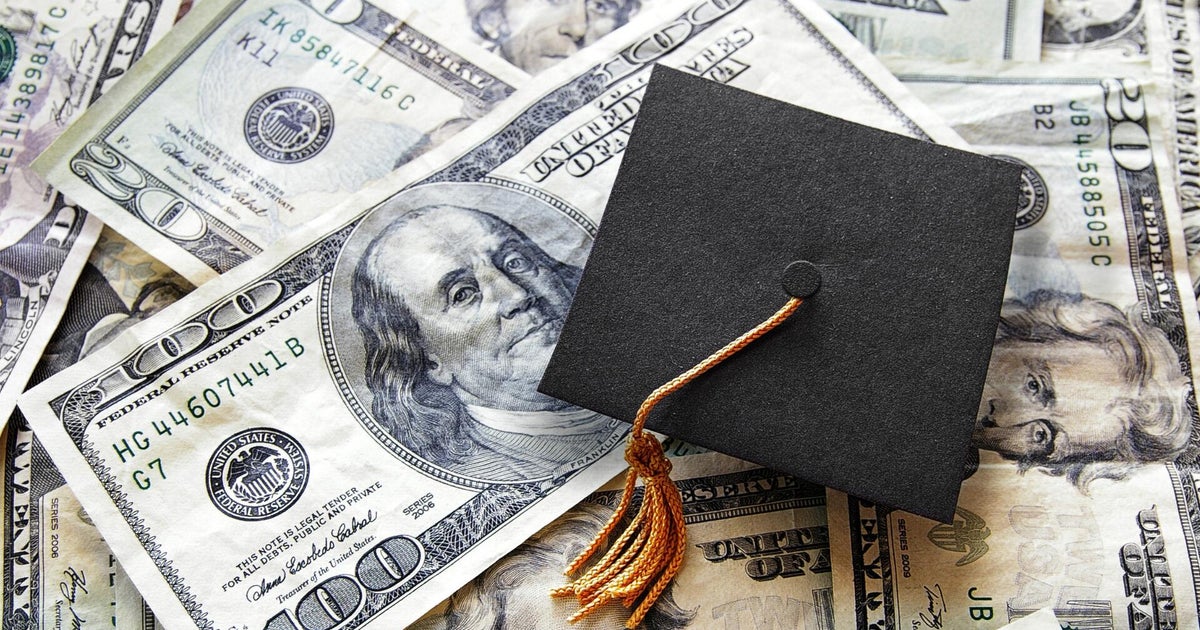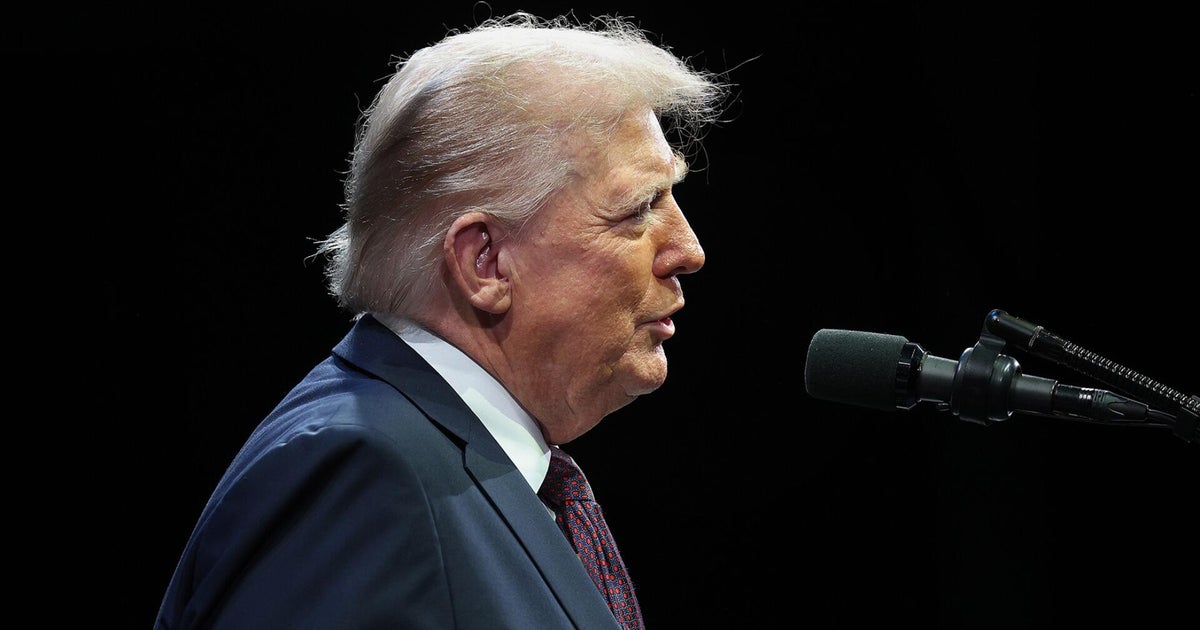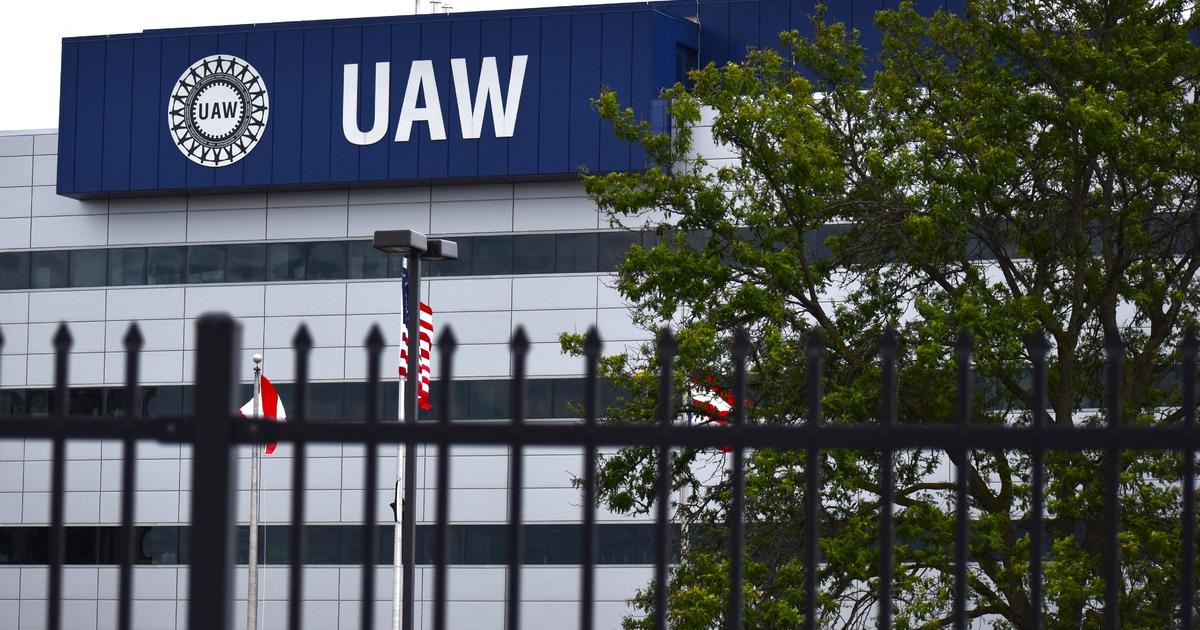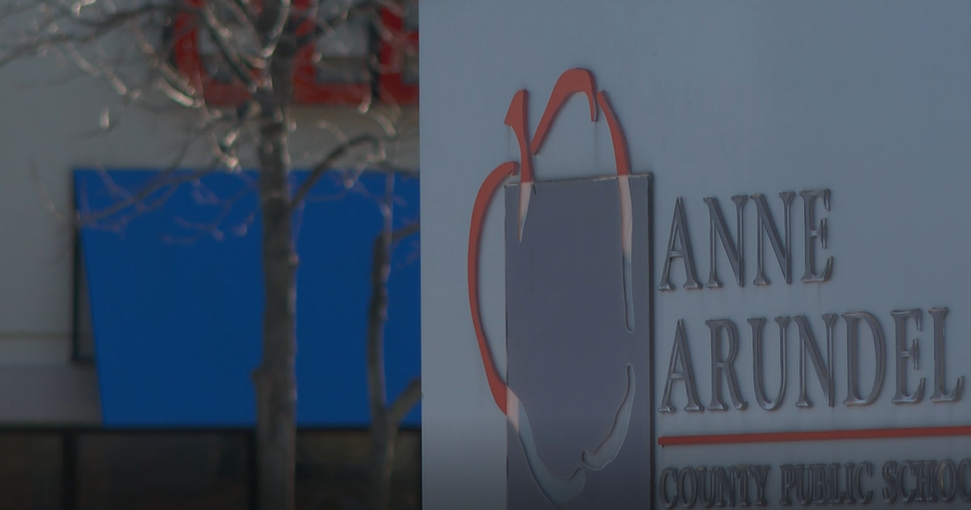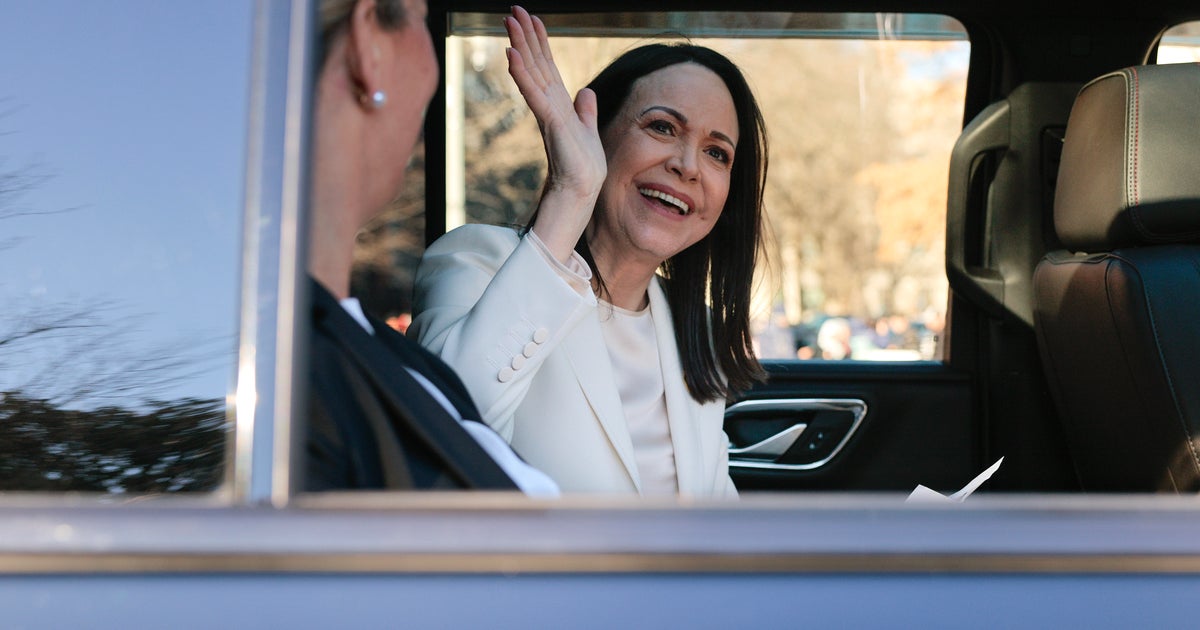UC President Janet Napolitano Criticizes Trump Administration's New Rule That Could Keep 'Best And Brightest' Foreign Students Out Of UC Schools
(CBS13/CNN) - University of California President Janet Napolitano on Monday criticized the Trump administration's regulation that could dramatically affect legal immigration and crack down on illegal immigration by making it easier for the government to reject green card and visa applications from foreign students.
The rule means many green card and visa applicants could be turned down if they have low incomes or little education, and have used benefits such as most forms of Medicaid, food stamps, and housing vouchers, because they'd be deemed more likely to need government assistance in the future.
It will encourage "self-reliance and self-sufficiency for those seeking to come to or stay in the United States," said acting US Citizenship and Immigration Services Director Ken Cuccinelli, appearing in the White House briefing room. In doing so, though, it'll likely make it harder for low-income immigrants, including promising college students, to come to the US.
President Napolitano, in a statement, said the regulation would not only prevent bright students from coming to the United States to study, but it could also scare students away from from receiving things like health care assistance:
"Today's decision by the Trump administration to expand the definition of 'public charge' sends a detrimental message internationally — that the United States does not want other countries to send their best and brightest here to study and add to the intellectual exchange at our universities, to conduct important research, and to contribute substantially to our economy, among other things.
"This rule also means that a number of UC students and other California residents, out of an abundance of caution, may be reluctant to seek available assistance such as preventative health care, housing opportunities, and nutrition education and benefits.
"The bottom line: The decision today penalizes and chills much-needed access to vital benefits for which lawful immigrants or mixed-status families are eligible, and not only leads to harmful, unintended consequences but also raises questions about the true intent behind the federal government's unnecessary and misguided action."
When asked about whether the rule is unfairly targeting low-income immigrants, Cuccinelli said: "We certainly expect people of any income to be able to stand on their own two feet, so if people are not able to be self-sufficient, than this negative factor is going to bear very heavily against them in a decision about whether they'll be able to become a legal permanent resident. "
The 837-page rule applies to those seeking to come to or remain in the United States via legal channels and is expected to impact roughly 382,000 people seeking to adjust their immigration, according to the Department of Homeland Security. However, immigration advocates say millions of people could be affected by the regulation.
Under current regulations put in place in 1996, the term "public charge" is defined as someone who is "primarily dependent" on government assistance, meaning it supplies more than half their income. But it only counted cash benefits, such as Temporary Assistance for Needy Families or Supplemental Security Income from Social Security.
Officials can take into account an applicant's financial resources, health, education, skills, family status and age. But few people are rejected on these relatively narrow grounds, experts said.
The-CNN-Wire
™ & © 2019 Cable News Network, Inc., a Time Warner Company. All rights reserved.
(© Copyright 2019 CBS Broadcasting Inc. All Rights Reserved.)
